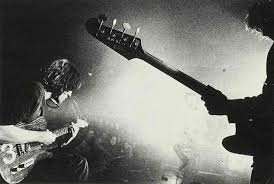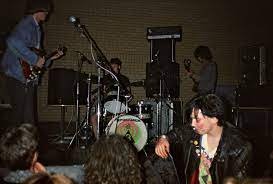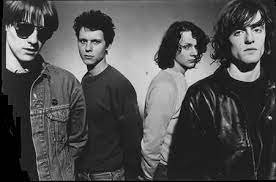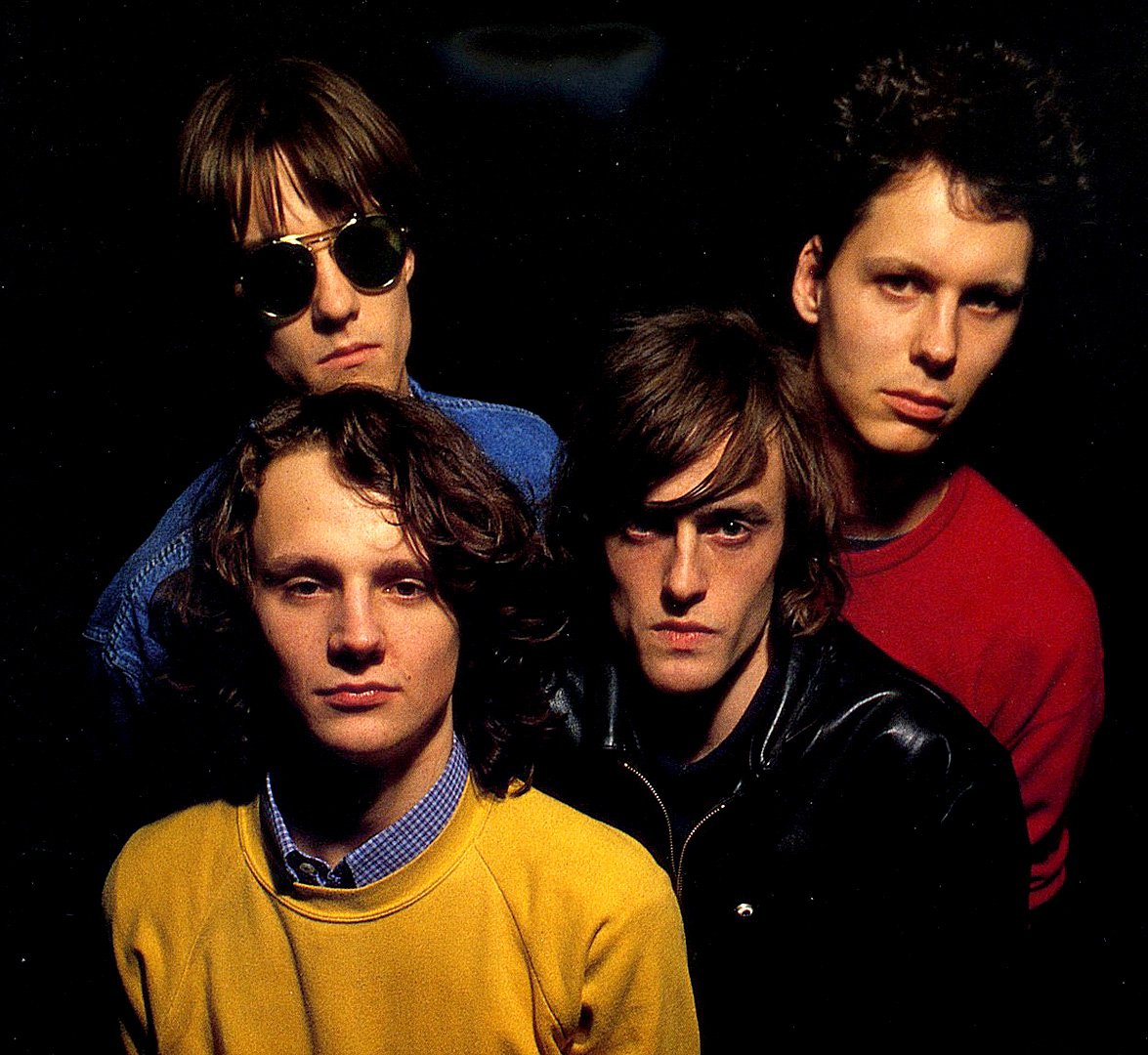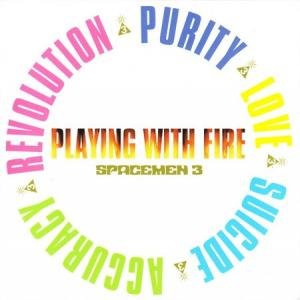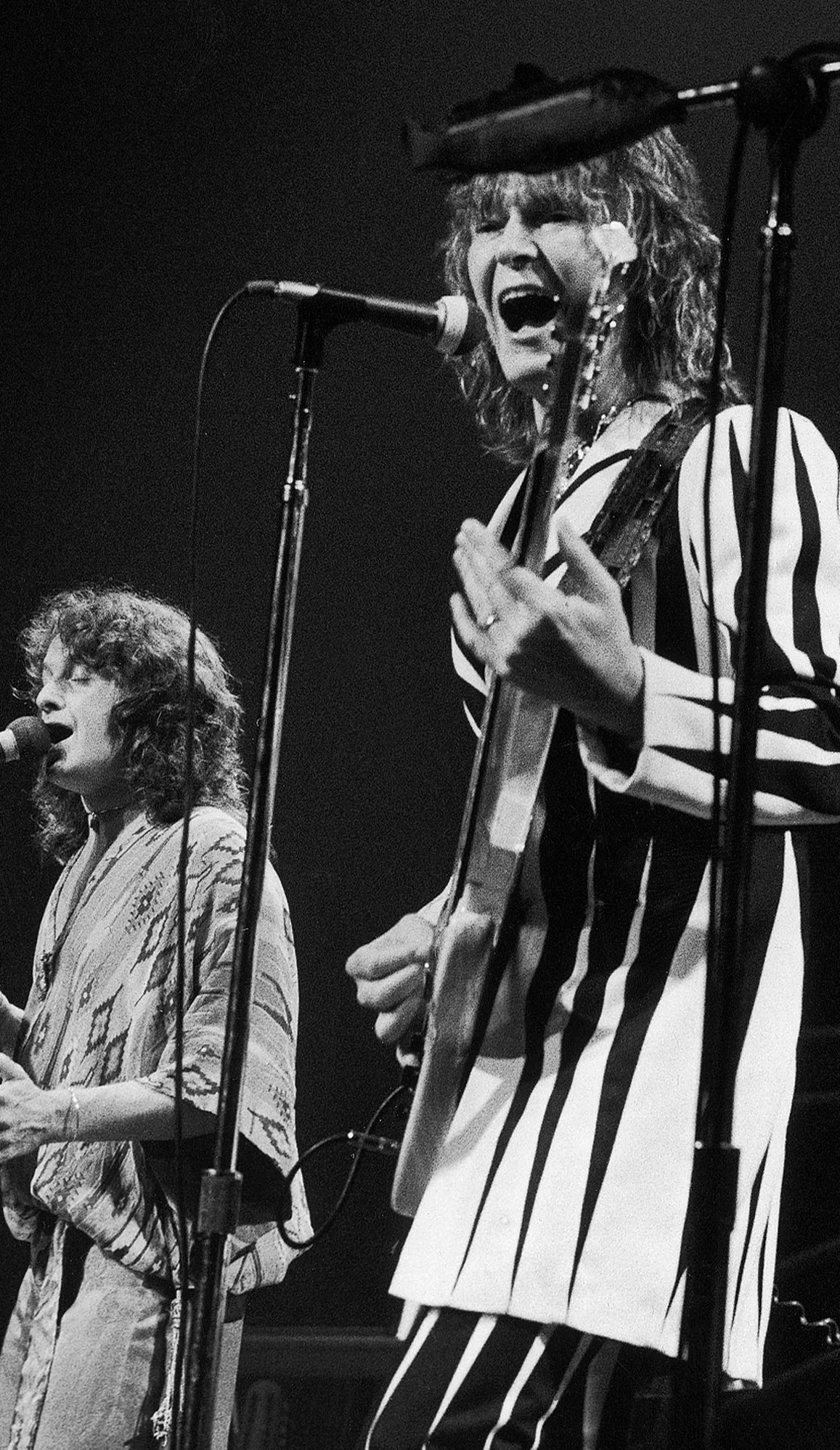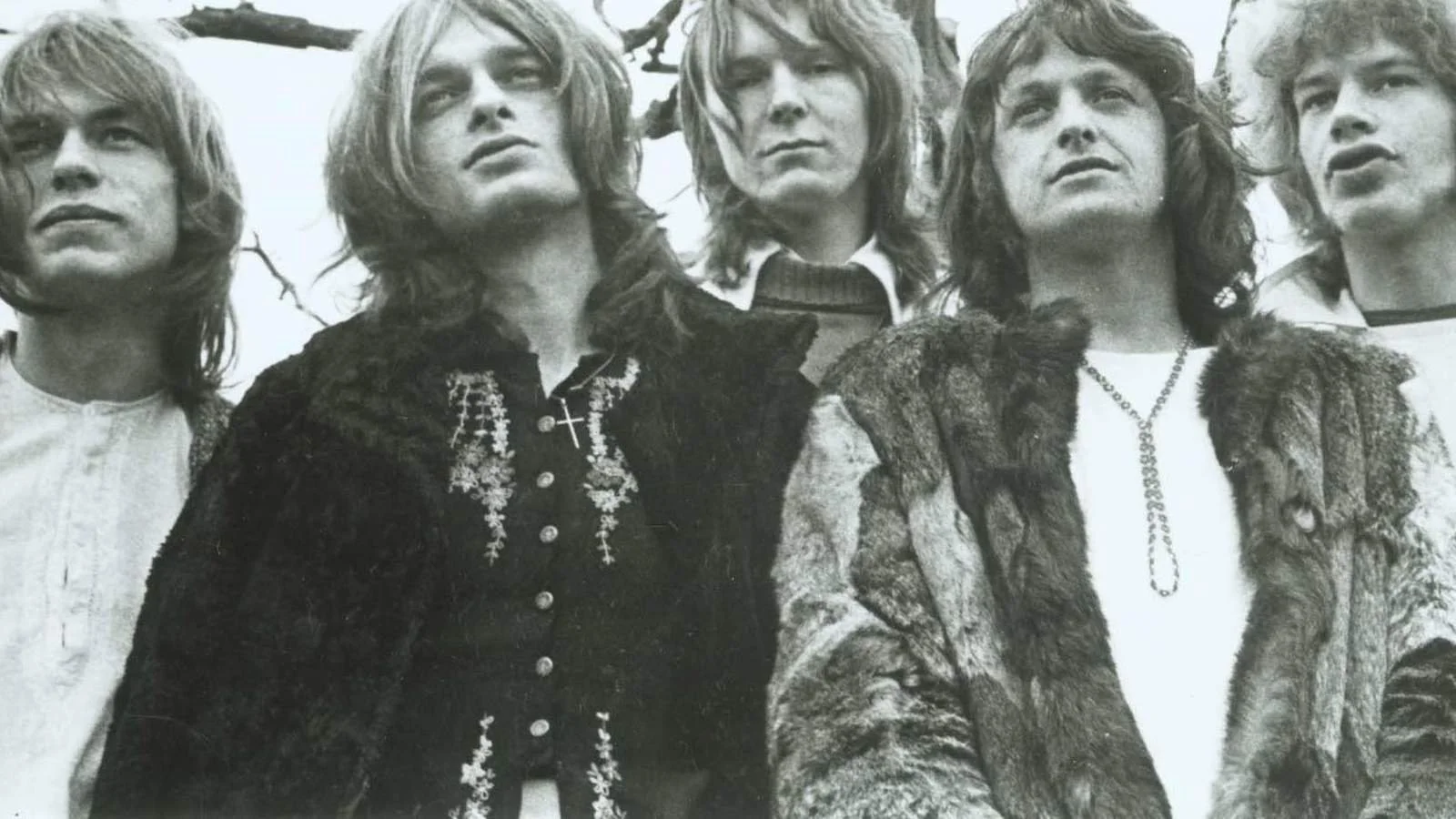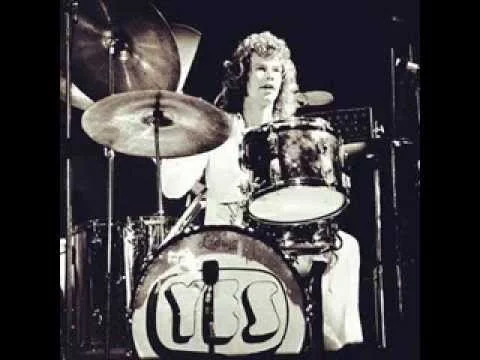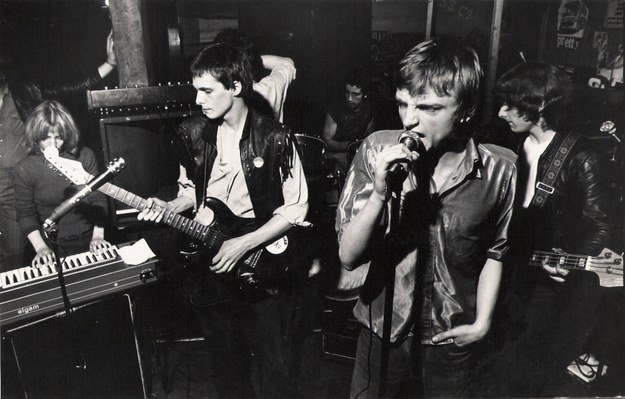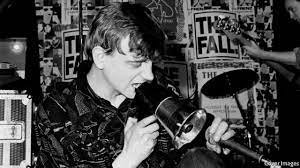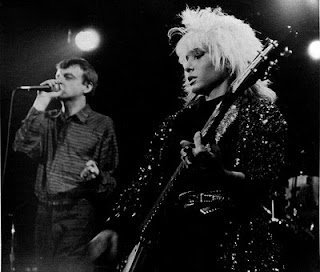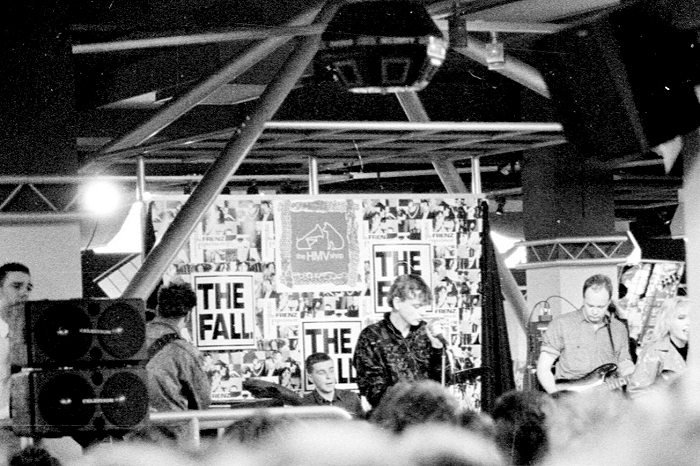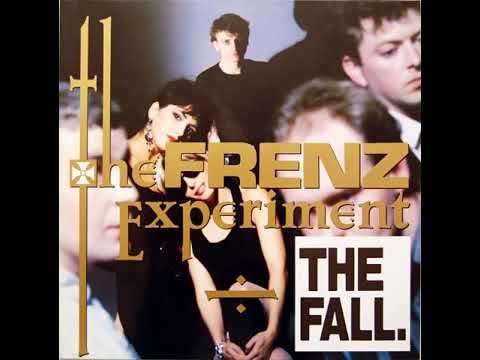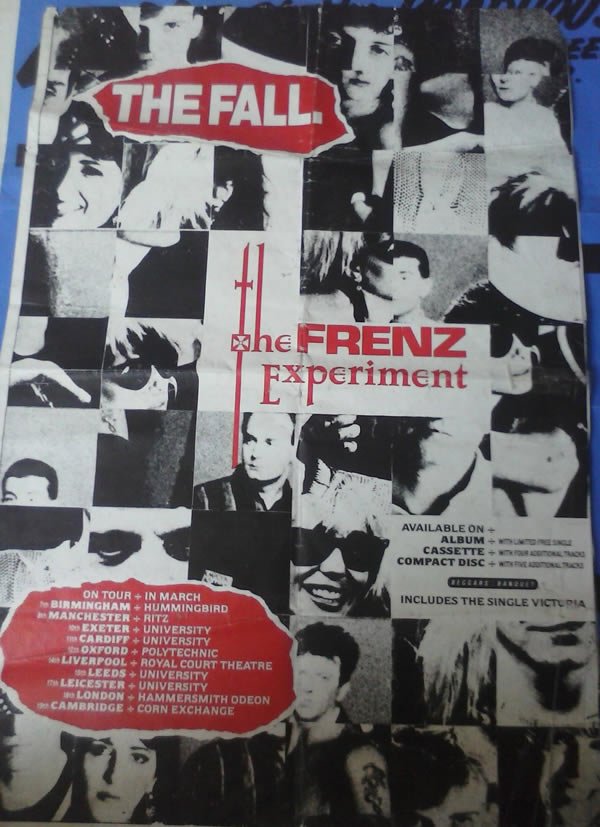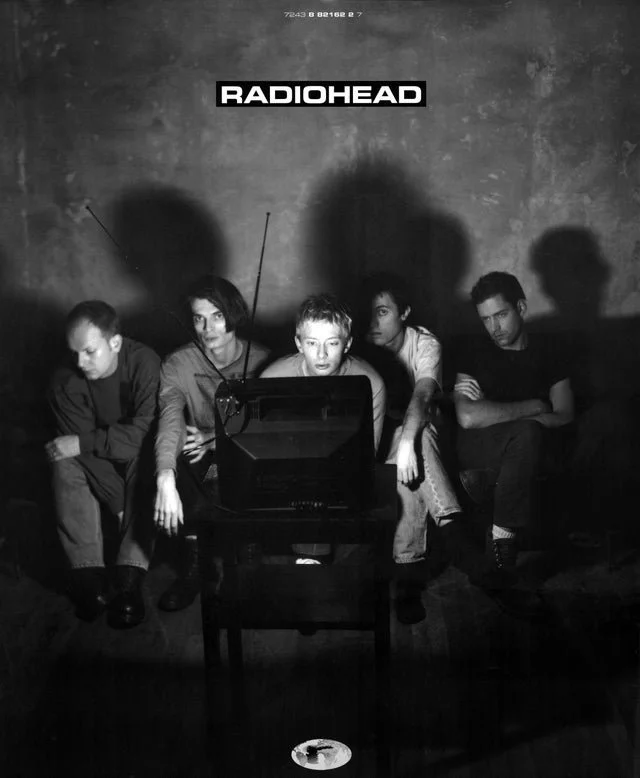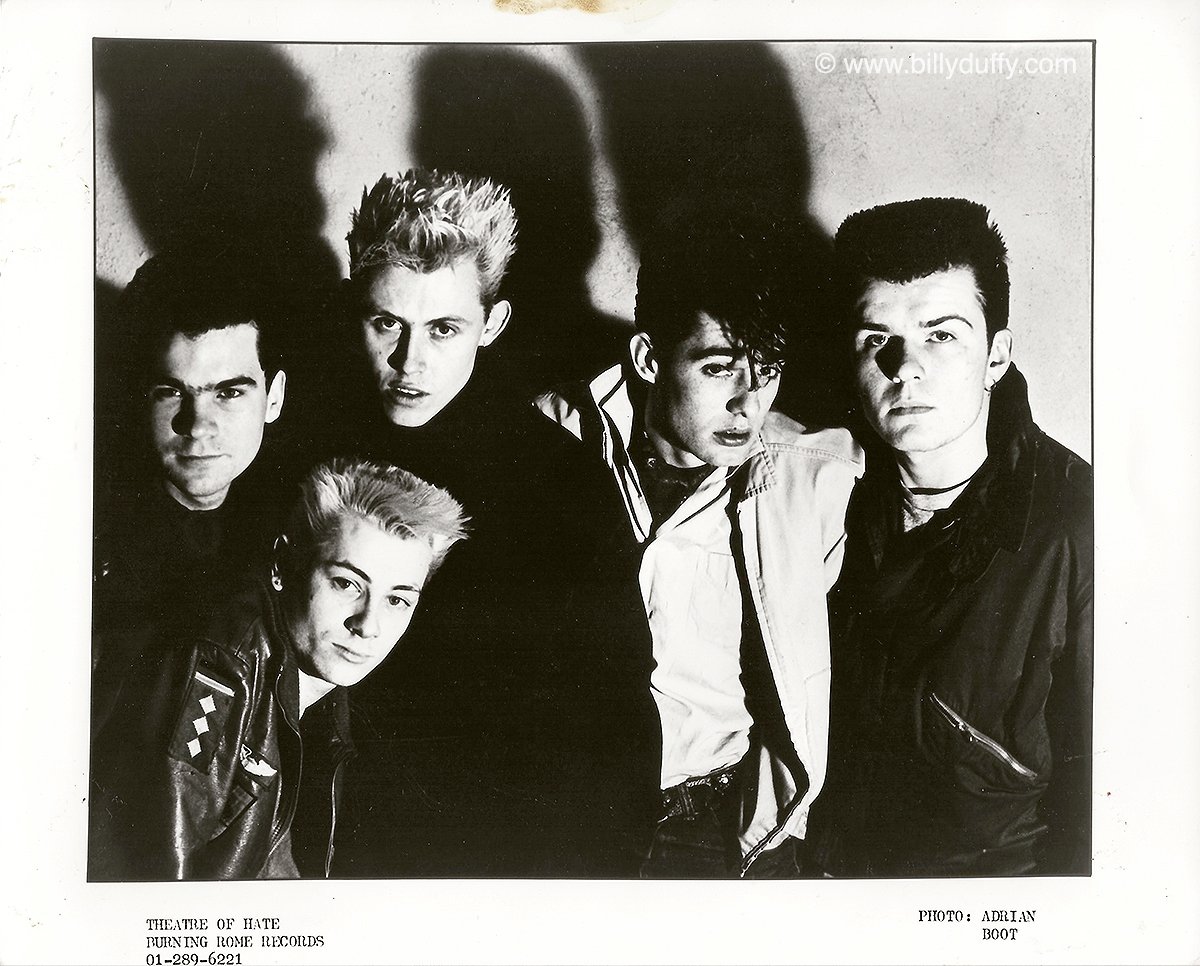Images may be subject to copyright
On this day, 4 April 1978, rock band Heavy Metal Kids, played Cardiff’s Top Rank.
The Heavy Metal Kids were formed in 1972 by the merger of two previous bands: Heaven and Biggles.They took their name from a gang of street kids, featured in the novel Nova Express by William S. Burroughs.
The initial, pre-recording line-up consisted of Mickey Waller (guitar), Ronnie Thomas (bass and vocals), Gary Holton (lead vocals), Keith Boyce (drums) and Cosmo (guitar).
They were the first signing by Atlantic Records' new London offices, having been spotted by their A&R man, Dave Dee.
In January 1974, they recorded their first, self-titled album, produced by Dave Dee and engineered by Phil Chapman.
Waller left the band shortly before they went in to Island Studios, to record the follow-up album Anvil Chorus, in January 1975,which was produced by Andy Johns. At this point keyboard player Danny Peyronel left to join UFO and was replaced by John Sinclair. Shortly after, Cosmo was replaced by Barry Paul, and the band moved to Mickie Most's RAK Records where they recorded Kitsch, which was produced by Most.
John Sinclair left to join Uriah Heep and was replaced by Jay Williams.
Gary Holton, the frontman of the band worked with Casino Steel (1981–84), and played the part of Wayne (Aka London) in the UK television comedy Auf Wiedersehen, Pet (1983–85). Holton died from an overdose of morphine combined with alcohol in 1985.
Holton's funeral took place on 22 November 1985, with a 15-minute service at Golders Green Crematorium in London. His Auf Wiedersehen, Pet co-stars attended. His ashes were placed in his grandparents' grave in Maesgwastad Cemetery, Welshpool
















